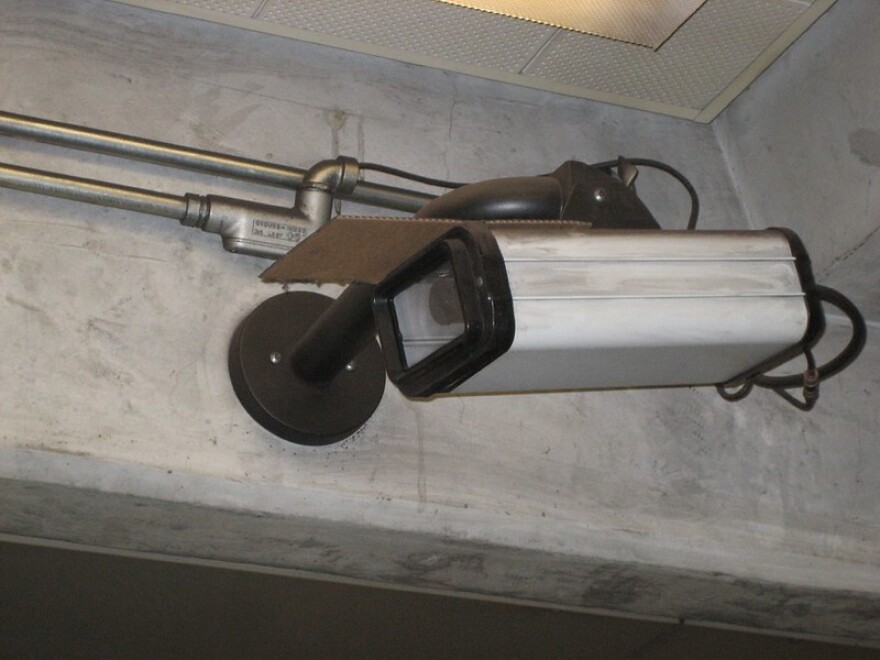EDITOR'S NOTE: A previous version of this story contained errors that have been corrected. It incorrectly implied that the 2 to 1 vote by the Board of Supervisors' Rules Committee effectively ratified the new surveillance policy when, in fact, the policy requires final approval from the full Board on Sept. 20.
In a 2 to 1 vote on Monday, the San Francisco Board of Supervisors' Rules Committee advanced a controversial new policy guiding the SFPD’s use of non-city cameras. The policy will now move to the full Board for approval on Sept. 20. If passed, police will be able to access private cameras, such as residents’ Ring doorbell cameras, in real time without needing a warrant. Currently, the SFPD is only able to access such footage when they believe a crime has taken place.
For months, critics of the policy have warned that it could give police sweeping surveillance powers and be abused to infringe upon the rights of San Francisco residents and businesses. A broad coalition of privacy and civil rights groups, including the ACLU of Northern California, has also raised concerns that the policy could exacerbate what they say are SFPD’s high levels of racial disparity in its enforcement.
Supervisors Rafael Mandelman and Aaron Peskin moved to pass the ordinance, while Supervisor Connie Chan was the lone dissenter. She expressed reservations about whether the policy would increase public safety and wondered why live video monitoring would be more effective than having officers patrolling areas.
According to Mission Local, most community members who spoke during public comment questioned whether there was ample evidence to expand police surveillance.
At the previous Rules Committee meeting, Peskin amended the policy so that it would expire and be reevaluated after 15 months. If approved next week, the policy would go into effect 30 days after the mayor's final sign-off.


